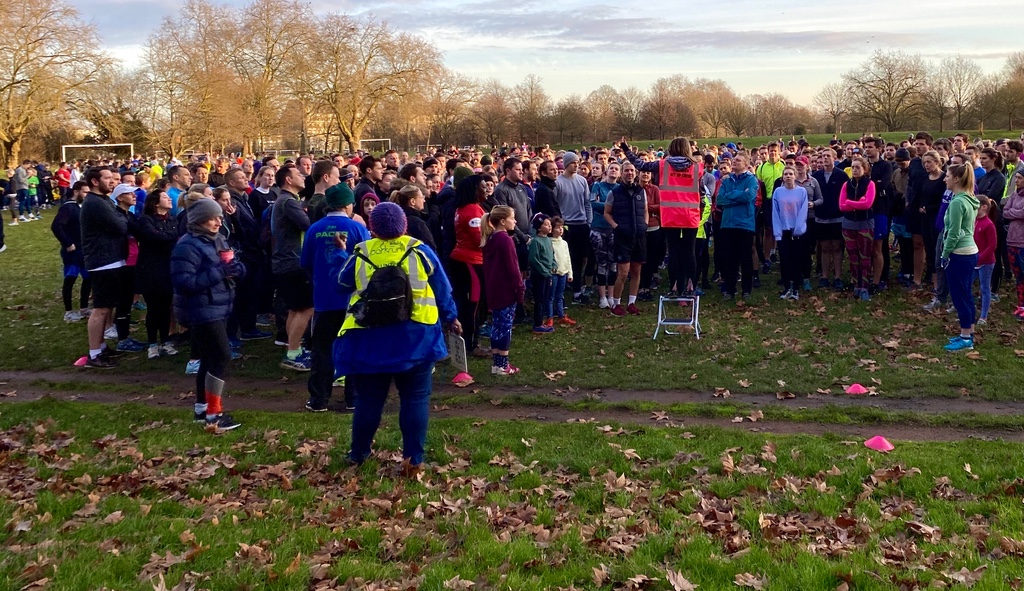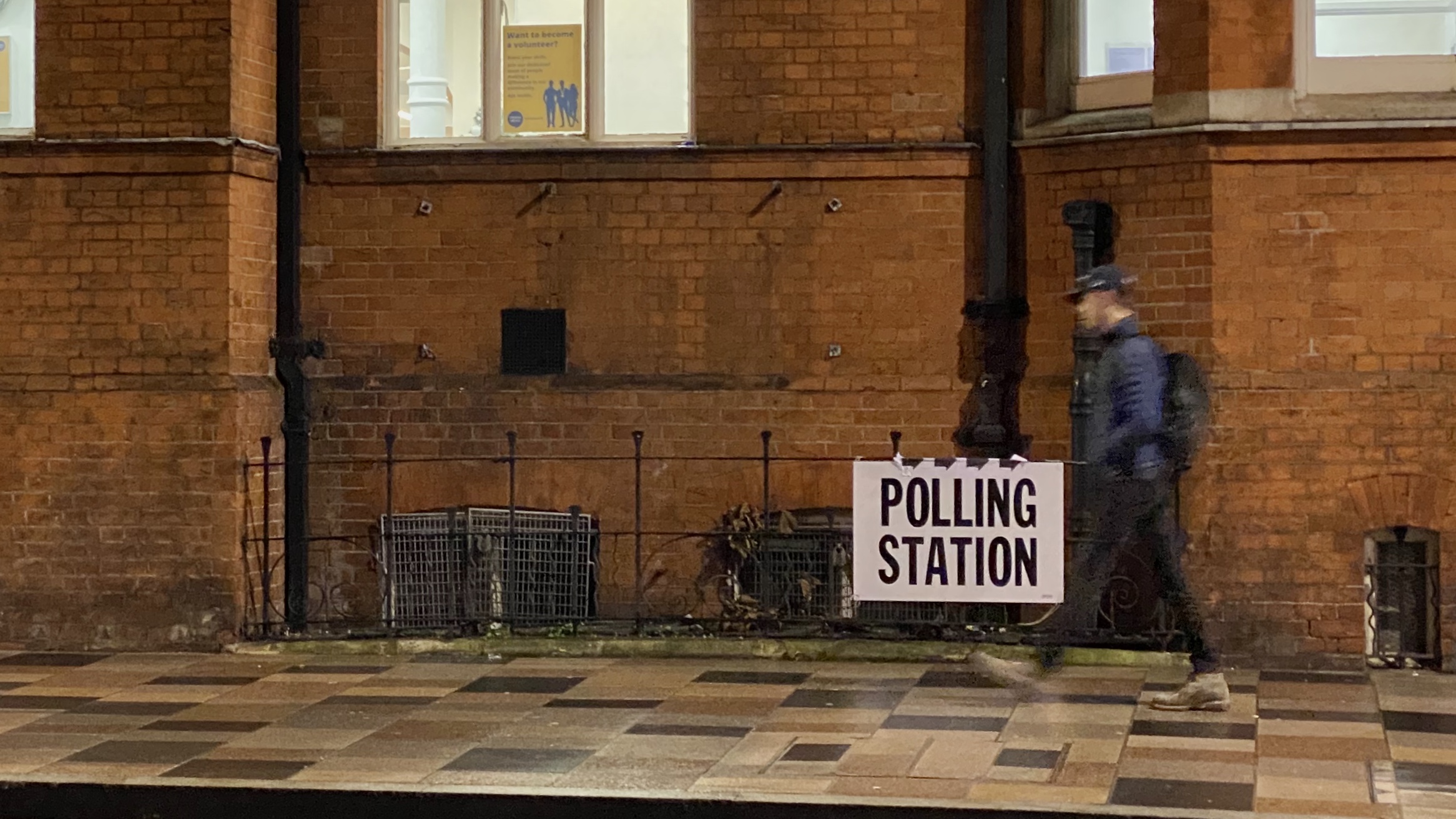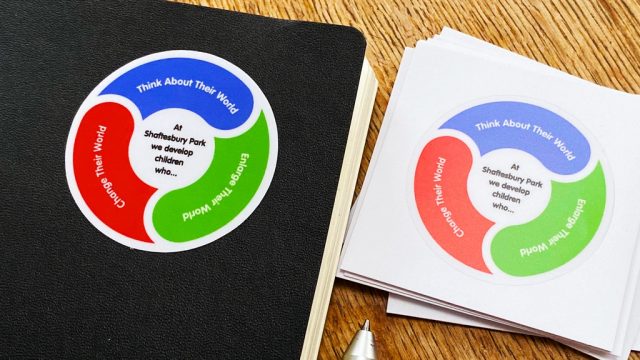Reading the various accounts of Boris Johnson’s shockingly poor approach to his day-jobs reminded me of the few times that I’ve met him. Most of those times have been fairly incidental, when he came to formally open the London Overground at Clapham Junction, for example, or ground-breaking some bland, identikit development at Nine Elms. The one time I had anything approaching a policy discussion was during his first London Mayoral campaign.
The Johnson campaign were having discussions with people from the London boroughs and, being Wandsworth’s turn, a group of us made the short trip to County Hall where the campaign had its offices. One of the first topics of discussion was the idea of having 24-hour Police Safer Neighbourhood Teams (or SNTs).
At the time, SNTs and neighbourhood policing were very much in vogue but a common complaint, mainly from people like councillors rather than actual residents, was that the SNTs weren’t always immediately available. It seems to have been particularly upsetting when they were off duty for a few days (perish the thought they have the equivalent of a weekend). This was largely down to a misunderstanding of what SNTs were meant to do. Neighbourhood Policing should be longer-term, building relationships and problem solving and not responding immediately to issues which is the function of, funnily enough, response policing.
Johnson was enthused by the idea of 24-hour Safer Neighbourhood Teams. They had been trialled by Hammersmith and Fulham Council (at that stage in its brief period of Conservative control) who were funding round-the-clock teams in two areas. I’d actually visited them and found the scheme under-whelming. It was expensive and without any robust evaluation of effectiveness but had strong political support which was evidenced, perhaps, by the lack of any exit strategy. An exit strategy wouldn’t be needed, I was told, because they would be successful. I was unconvinced.
Johnson, however, had no doubt they would be a fantastic success. I presented the alternative view that it would be an expensive white elephant. For around the clock coverage you’d increase the SNT wage bill by three or four times to satisfy a need that simply wasn’t there. London, outside the centre, is not really a 24-hour city and people, including criminals, tended to sleep at night. Realistically no-one needing the police at 5am would dream of looking up their SNT number rather than dialling 999. And if there were a few places that a middle-of-the-night problem was suited to SNT intervention SNTs would change shift patterns to match.
I did not persuade him. Johnson suggested that SNTs could be grouped to cover off-peak policing more cost-effectively. That this was in essence just replicating the sectors in which response policing was already organised was an irrelevant operational detail. His new area-based SNT-response team would, in some nuanced way, be different to the existing area-based non-SNT-response teams. Johnson voiced his opinion that 24-hour SNT policing would be hugely popular and the discussion moved into some other policy area.
Ultimately the idea did not make Johnson’s election manifesto. I don’t think that discussion had anything to do with that. While possible it prompted him to give the idea the few moment’s thought it would take to realise it was unworkable I think it more likely some advisor managed to quietly sideline the idea. Throughout his time at City Hall there was the fiction that it was a mark of his leadership qualities that he appointed high-quality staff to do the work. It seems more and more people are interpreting that less as a leadership quality as more as a reflection of his laziness and lack of ability.
The fact he’s anywhere near becoming Prime Minister should be terrifying. Especially when his likely Cabinet would surely be one of the lowest calibre the country has ever seen. That he’s somehow the favourite among the small, unrepresentative, Conservative party membership is just more evidence that our political system is broken and utterly unsuitable for the 21st century.



